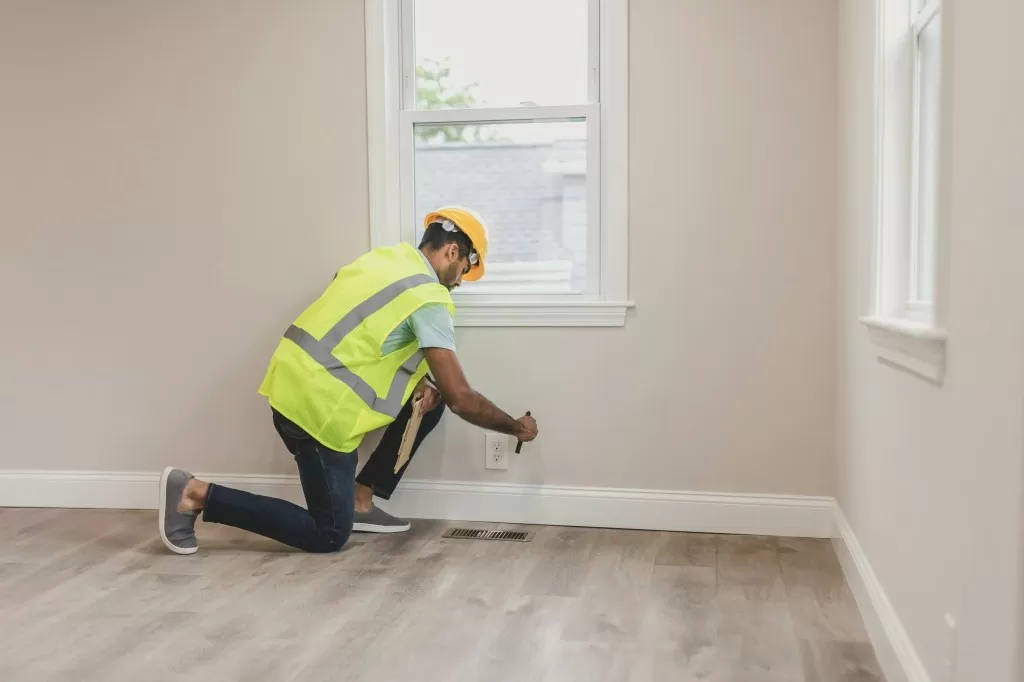Home Inspection Contingency 101: A Guide for Buyers
If you’re in the process of buying a home, you may have heard the term “home inspection contingency” being tossed around. But what exactly does it mean and do you really need one? In this article, we’ll break down the basics of a home inspection contingency and why it’s an important step in the home buying process.
What is a Home Inspection Contingency?
A home inspection contingency is a clause in a real estate contract that allows the buyer to have the home inspected by a professional home inspector. This contingency also gives the buyer the option to either negotiate repairs with the seller or back out of the contract if major issues are found during the inspection.
Do I Need a Home Inspection Contingency?
The short answer is yes, you do need a home inspection contingency. A home is a major investment and it’s important to know exactly what you’re getting into before signing on the dotted line. A home inspection contingency is a safety net for buyers, giving them the opportunity to uncover any potential problems with the home before it’s too late.
What Does a Home Inspection Cover?
A home inspection is a thorough examination of the home’s structure, systems, and components. This includes the roof, foundation, plumbing, electrical, HVAC, and more. A home inspector will also look for any safety hazards or code violations. The inspection usually takes a few hours and the inspector will provide a detailed report of their findings.
Why is a Home Inspection Contingency Important?
Buying a home is a huge financial commitment and you want to make sure that you’re making a wise investment. A home inspection contingency allows you to protect yourself from any unexpected issues that may arise after the sale. It also gives you the opportunity to negotiate repairs with the seller or back out of the contract if the issues are too severe.
What Happens if Issues are Found During the Inspection?
If issues are found during the inspection, you have a few options. You can request that the seller fix the issues before closing, negotiate a lower price to cover the cost of repairs, or back out of the contract altogether. It’s important to discuss these options with your real estate agent to determine the best course of action.
What if the Inspection Comes Back Clean?
Even if the inspection comes back clean, it’s still important to have a home inspection contingency in place. The report can provide you with valuable information about the home’s systems and potential maintenance issues that may need to be addressed in the future.
Tips for a Successful Home Inspection
Here are a few tips for ensuring a successful home inspection:
1. Choose a reputable home inspector: Do your research and choose a professional home inspector with a good reputation.
2. Attend the inspection: It’s a good idea to attend the inspection so you can ask any questions and see any issues firsthand.
3. Read the report carefully: Make sure to read the report carefully and ask the inspector to clarify any items that you’re unsure about.
4. Don’t sweat the small stuff: Keep in mind that not every item in the report will be a deal-breaker. Focus on the major issues that could potentially affect the safety or value of the home.
In conclusion, a home inspection contingency is a crucial step in the home buying process. It allows you to protect yourself from any hidden issues that may arise and gives you the opportunity to negotiate with the seller. Make sure to discuss the details of the contingency with your real estate agent to ensure a smooth and successful home buying experience. Happy house hunting!

